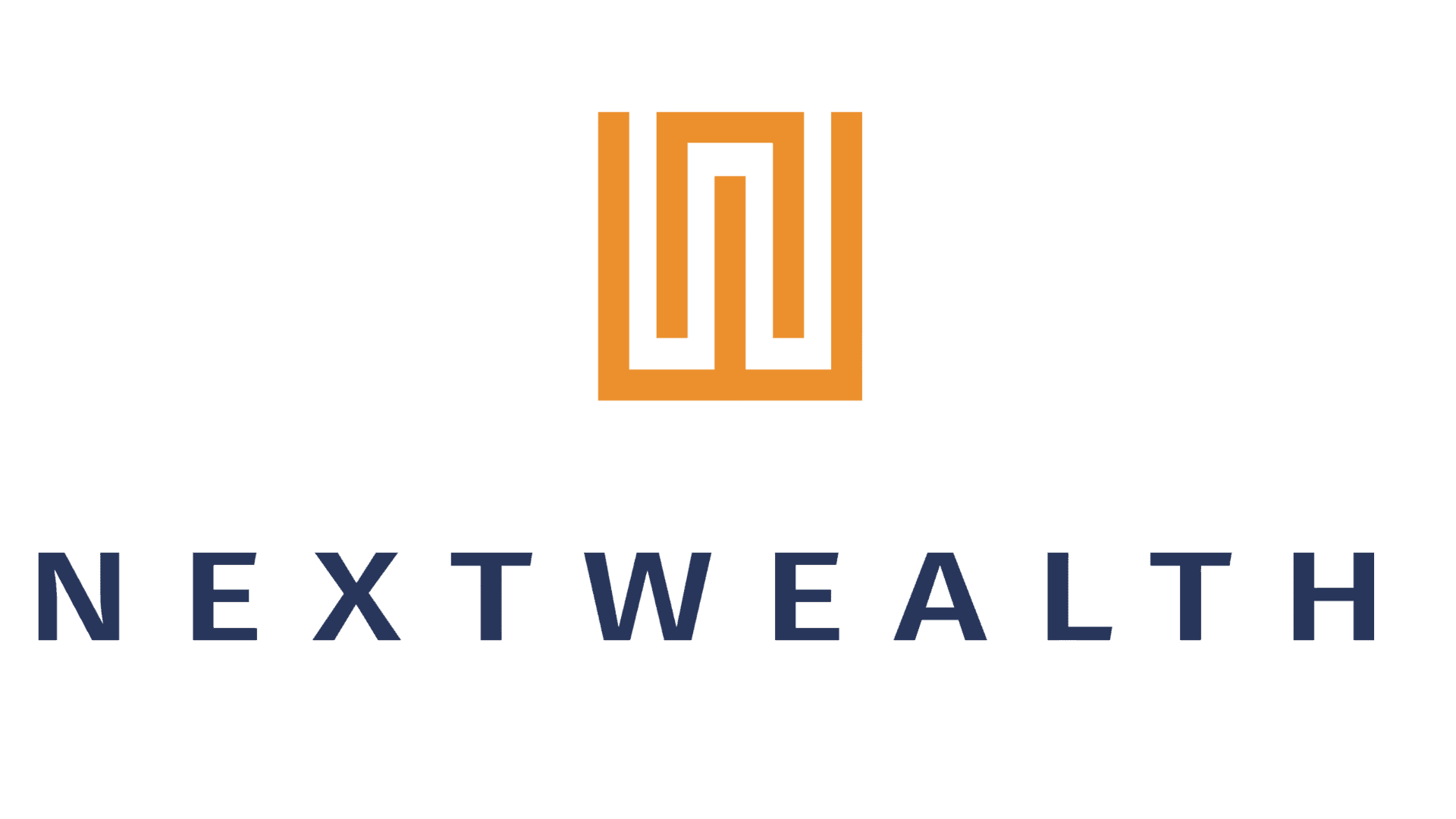Adviser Platforms – NextWealth View
By Heather Hopkins | 24 November 2022 | 3 minute read
Today we have published our annual report for financial advisers on the UK adviser platform market. The report provides our thoughts on the major trends affecting UK adviser platforms and offers our view on the major players based on surveys and interviews with hundreds of financial advice professionals.
It is undoubtedly a challenging time for retail wealth management with high levels of market uncertainty. But it is also an exciting time of change and innovation.
The following are the most important key trends in the UK platform market:
- Consolidation and proliferation
The consolidation story is not a straightforward one. Increasing scale is the obvious answer however the past few years has brought a proliferation of new platforms. Acquisitions have aggregated businesses but assets have not been consolidated, eroding many of the economies of scale.
Platforms are appealing to PE investors seeking recurring fee income. Some players struggle to turn a profit and regulatory and tech disruption continue to push costs up, both of which will lead to further consolidation.
But consolidation is not straightforward. Nimble tech-first providers are allowing financial advice firms to offer their own platform. While third party platforms will consolidate, proliferation of platforms will continue.
- Technology and micro-services
Technology upgrades (re-platforming) of major players are mostly finished. Firms are now looking to microservices to bolt on tools and services as needed.
- Fee pressure
Platforms face continued pressure to reduce costs whilst offering high service levels to clients and advisers. In the next five years, we expect platform fees to fall to c.15bps from a current average of 29bps.
Cost is a key factor driving platform choice. Low cost providers such as Aviva are forcing others to cut prices. Large financial advice firms use buying power to push down fees.
- Adviser business consolidation
The financial advice market is also consolidating with a decline in small firms and a rise of larger ones. This impacts platform distribution deals at large firms – the short list is determined centrally putting further pressure on price and changing servicing requirements. These firms are also more likely to explore some degree of vertical integration or ‘insourcing.’
- Insourcing
The UK market is in a phase of increased vertical integration. Large financial advice firms are becoming platform operators, insourcing the technology to offer a platform.
This rise in white-label and model-b platforms (where the financial advice firm takes on some regulatory responsibilities for operating a platform) remains the domain of large firms with the appetite to take on the risk and regulatory responsibility. As advice firms continue to consolidate, the number of firms looking to insource a platform will also rise.
Missing from this list is regulatory disruption. Like death and taxes, regulatory disruption is one of life’s certainties for those working in retail wealth management. Consumer Duty will put further pressure on platforms to provide data and reporting across the supply chain and to oversee value to some extent. It will continue to drive up the cost of servicing clients but with the important goal of protecting them.
You can download our free Platforms in the UK report here to find out more about these trends and read our views on the major adviser platforms. Our opinions are based on our on-going research with financial advisers, our expertise in retail wealth management and 4,900 reviews from financial advice professionals of platforms.
We welcome your thoughts on the future of the platform market.
Heather


